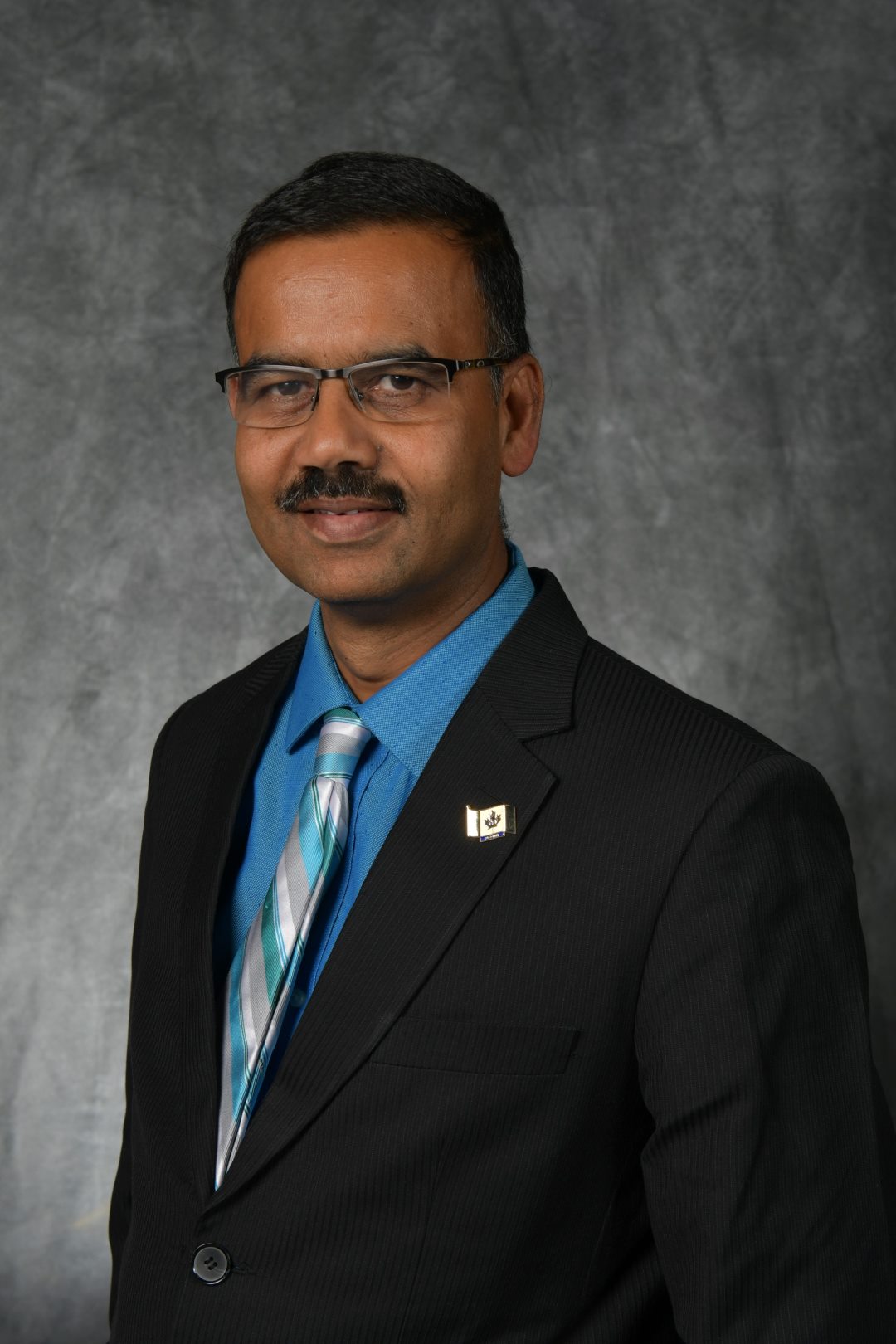Time:Monday,10:00a.m.,15th April
Place: A718
Venkataraman Thangadurai
University of Calgary, Department of Chemistry, 2500 University Dr NW,
Calgary, Alberta, T2N 1N4, Canada, For correspondence vthangad@uclagary.ca

Abstract: Ceramic materials exhibiting fast ionic conduction are being considered for electrochemical energy storage devices, including batteries and capacitors. Among them, rechargeable lithium-ion batteries (LIBs) have received much attention due to their high volumetric and gravimetric energy densities and their wide range of applications. Currently employed liquid organic electrolytes in LIBs have several disadvantages such as flammability, poor electrochemical stability and toxicity. Recent research on electrolytes for LIBs has been focused on developing thermally stable solid electrolytes with desired physical and chemical properties. Several inorganic electrolytes, including NASICON, LISICON, perovskite, and garnet-type materials are being developed for all-solid-state lithium batteries. The key requirements for practical solid electrolytes are high ionic and negligible electronic conductivity over the employed range of activity of mobile species, and chemical stability against reaction with both high cathodes and elemental anodes. Here, we report advanced ceramic electrolytes for application in solid-state Li batteries together with designing aspects of useful solid electrolytes and electrodes.
Biography: Dr. Venkataraman Thangadurai is full professor of chemistry at the University of Calgary, Canada. He is a Fellow of the Royal Society of Chemistry, United Kingdom. He received his PhD from the Indian Institute of Science, Bangalore, India in 1999 and did his PDF at the University of Kiel, Germany. He received a prestigious PDF fellowship from the Alexander von Humboldt Foundation, Bonn, Germany. In 2004, Dr. Thangadurai received his Habilitation degree from the University of Kiel. His current research activities include discovery of novel ceramic membranes and mixed ion and electron conductors for all-solid-state-Li batteries, solid oxide fuel cells, solid oxide electrolysis cells, and electrochemical gas sensors. He has published >170 scientific papers in international refereed journals. In 2016, he received the prestigious Keith Laidler Award from the Canadian Society of Chemistry for his outstanding contributions to physical chemistry.

